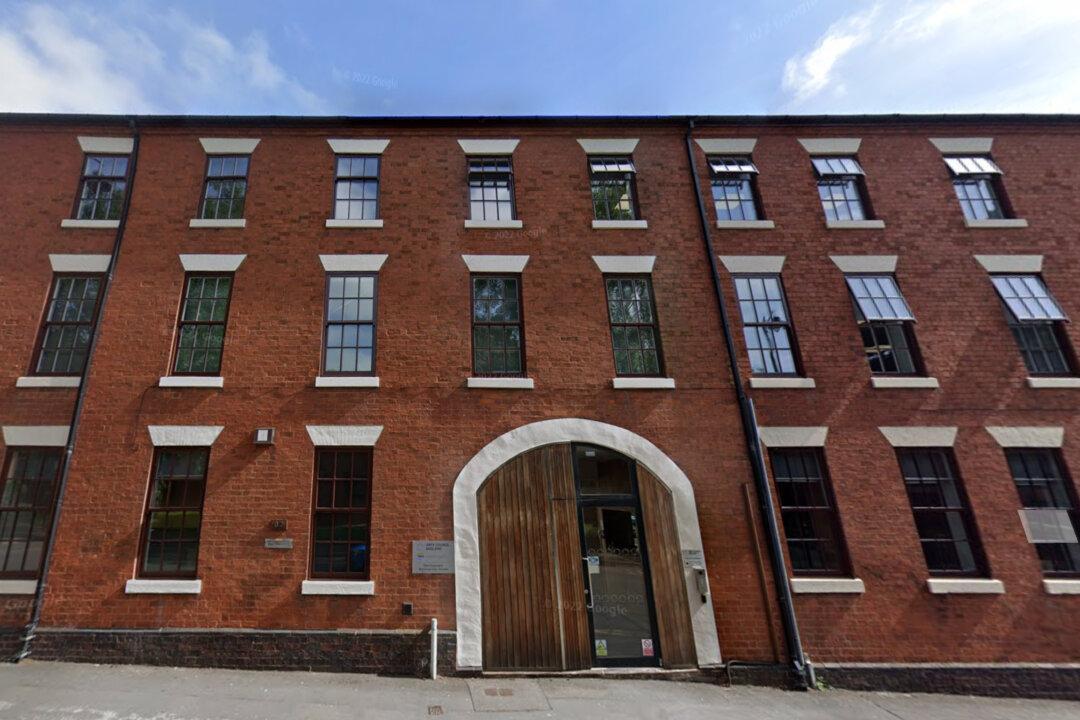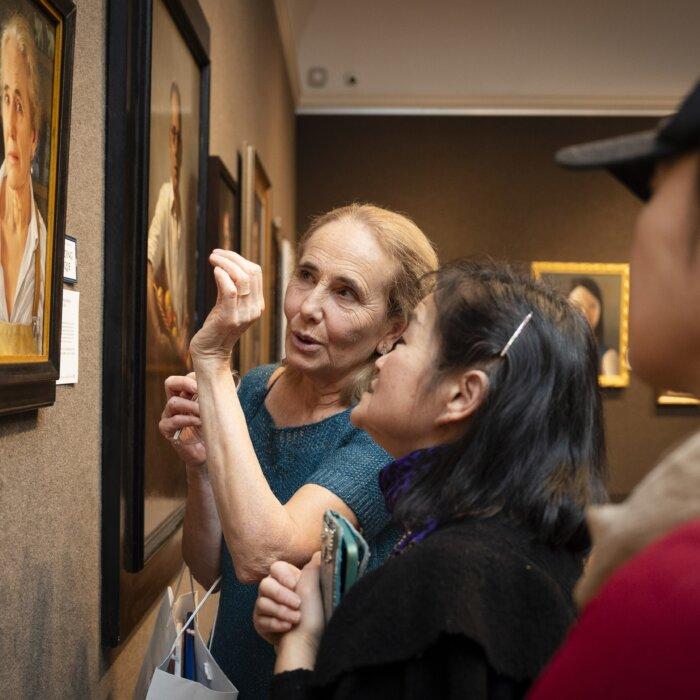Arts Council England (ACE) said it will revise its Relationship Framework after the guidance’s recent updates led to accusations that the governing body was attempting to censor freedom of expression.
ACE has faced backlash this week after publishing the updated guidance, which appears to suggest an artist’s political statement made in his or her own capacity may jeopardise funding for an organisation the artist is involved in, although the council has denied that is the case.
Reputational risk is one of the factors the council monitors in its funding considerations.
According to the documents, reputational risk is defined as any activity or behaviour that “potentially breaches the terms and conditions of the funding agreement and/or is likely to result in negative or damaging reactions or coverage from the press, public, partners, and/or stakeholders (eg sponsors and/or other funders) towards the organisation or the Arts Council,” including statements about matters of current political debate.
“Any activity undertaken by the organisation can bring reputational risk to the Arts Council, regardless of whether the activity is directly funded through your grant or not,” the documents read.
The guidance gave a non-exhaustive list of the action or activities that may increase an organisations reputational risks, which includes allegations of fraud or corruption, negative press, “failure to uphold best practice in relation to equality and diversity ... issues with artistic and creative output that might be deemed controversial, activity that might be considered to be overtly political or activist and goes beyond your company’s core purpose and partnerships with organisations that might be perceived as being in conflict with the purposes of public funding of culture.”
The Arts Professional journal, which first reported about the guidance on Tuesday, said ACE gave a statement saying it “expects all our funded organisations to support freedom of expression” and that changes were developed “in response to requests for further guidance on managing risk,” but the statement didn’t stop civil liberty campaigners and other from questioning or criticising the guidance.
“Yet another step to further censor freedom of expression. This is the antithesis of art and literature.”
In a separate post, the vocal critic of Israel claimed “What ACE are saying is they don’t want art practitioners calling out a genocide.”
Jessie Joe Jacobs, director of the Democracy Network, said on X that ACE’s announcement is a part of “continuing trend” of silencing civic society voices, which she said has been continuing over the past thirty years.
He also said an adjustment of the details of the policy would help make organisations and artists “feel confident expressing a wide range of views.”
Speaking in the same programme, ACE deputy chief executive Laura Dyer the organisation “absolutely believe[s] in the freedom of expression of all artists.”
Ms. Dyer said the guidance was updated in response to feedback from organisations which found it “harder to manage” situations in the current climate, where social media can quickly amplify polarised and difficult views.
“What we wanted to do was provide within that some kind of practical steps on how we thought organisations could manage some of that risk, not in any way to curtail the work that they do, but to recognise that when thinking through work that they know is likely to get a response, that they’re managing that process, thinking through the steps they need to put in place, so they ensure their staff, their audiences are well supported.”
Pressed on whether the guidance are telling organisations to depoliticise or face funding cuts, Ms. Dyer said, “that isn’t the case.”







